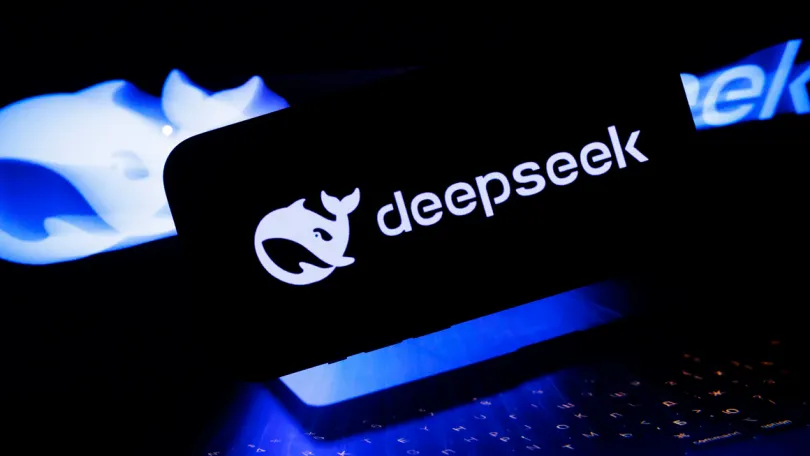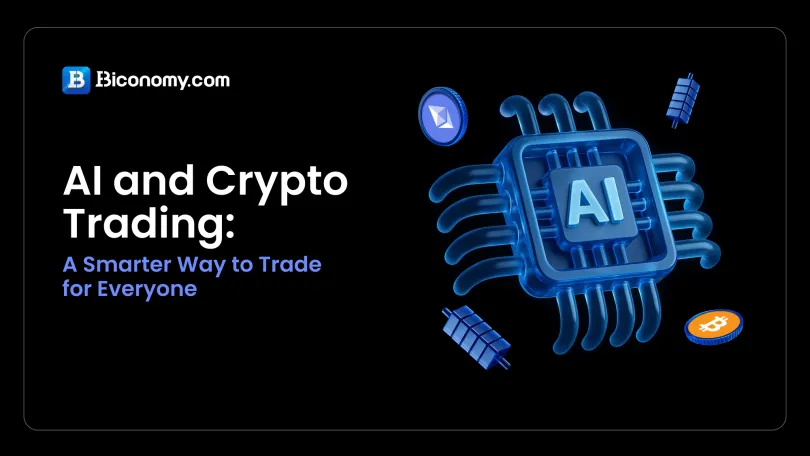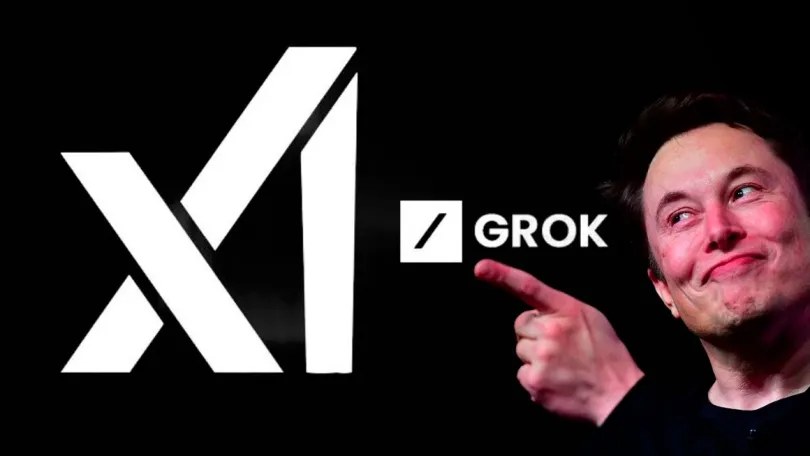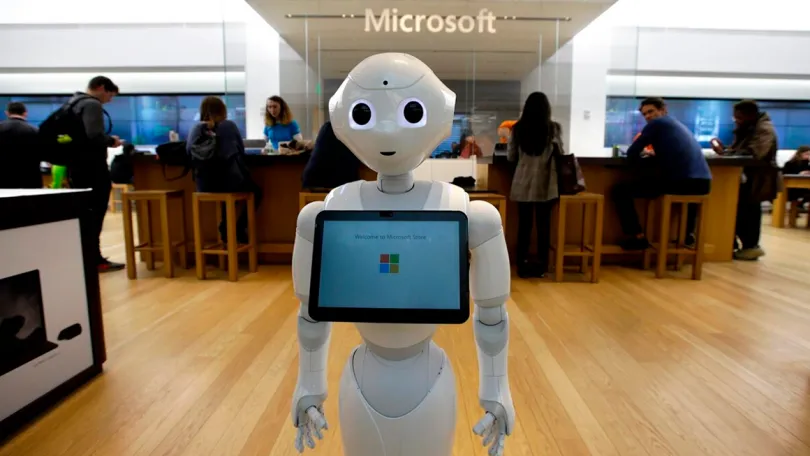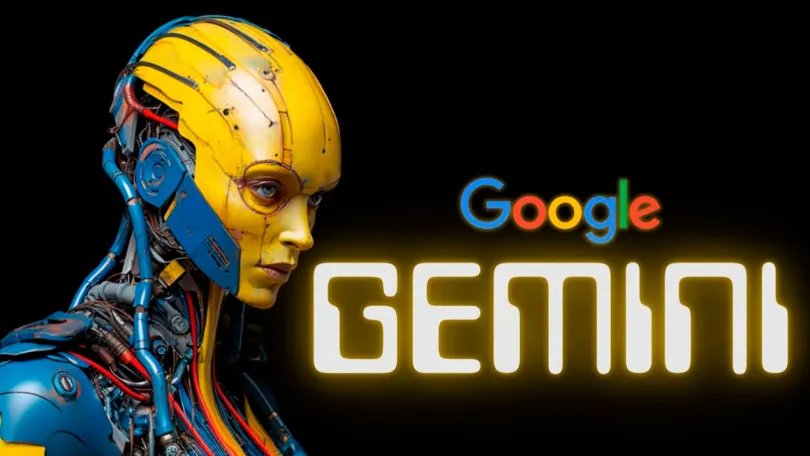
Google has announced that the launch of its latest AI system, #Gemini, will be postponed until January 2024. Initially, the release of the neural network answer, GPT-4, was planned for next week. However, Google has decided to delay the launch in order to make improvements to the neural network's performance with non-English queries.
At the annual I/O 2023 conference, Google unveiled its cutting-edge AI model, Gemini, which was developed with the involvement of Google co-founder and #Alphabet holding company's #Sergey Brin. According to The Information, the company had planned to introduce Gemini next week at events in California, New York, and Washington, targeting politicians and lawmakers. However, the launch of the neural network has now been postponed until January of next year.
The decision to delay the launch of the innovative AI system was made by Google's CEO, Sundar Pichai. The reason behind the delay is the insufficient reliability of Gemini in handling queries in languages other than English. Multilingual support is a priority for #Google as it aims to achieve and even surpass the level of #OpenAI's GPT-4 AI model. According to sources, Google has already achieved this standard in certain aspects. In November, Pichai stated that Google is focused on the rapid release of Gemini 1.0, aiming to create a competitive and advanced product. However, the company is still working on the final version of Gemini.
During the I/O 2023 conference, Google highlighted that Gemini will possess impressive multimodal capabilities, surpassing the capabilities of previous AI models. In addition to understanding text and images, Gemini will be focused on seamless integration with APIs and other tools, making it attractive to developers of various applications. Google also announced the development of multiple versions of Gemini, including a mobile version called #Gecko, and emphasized that Gemini is designed to support future innovations, including memory and planning features.
The question of how quickly Gemini will be integrated into Google services such as Bard, Search, and Workspace remains unanswered for now.















